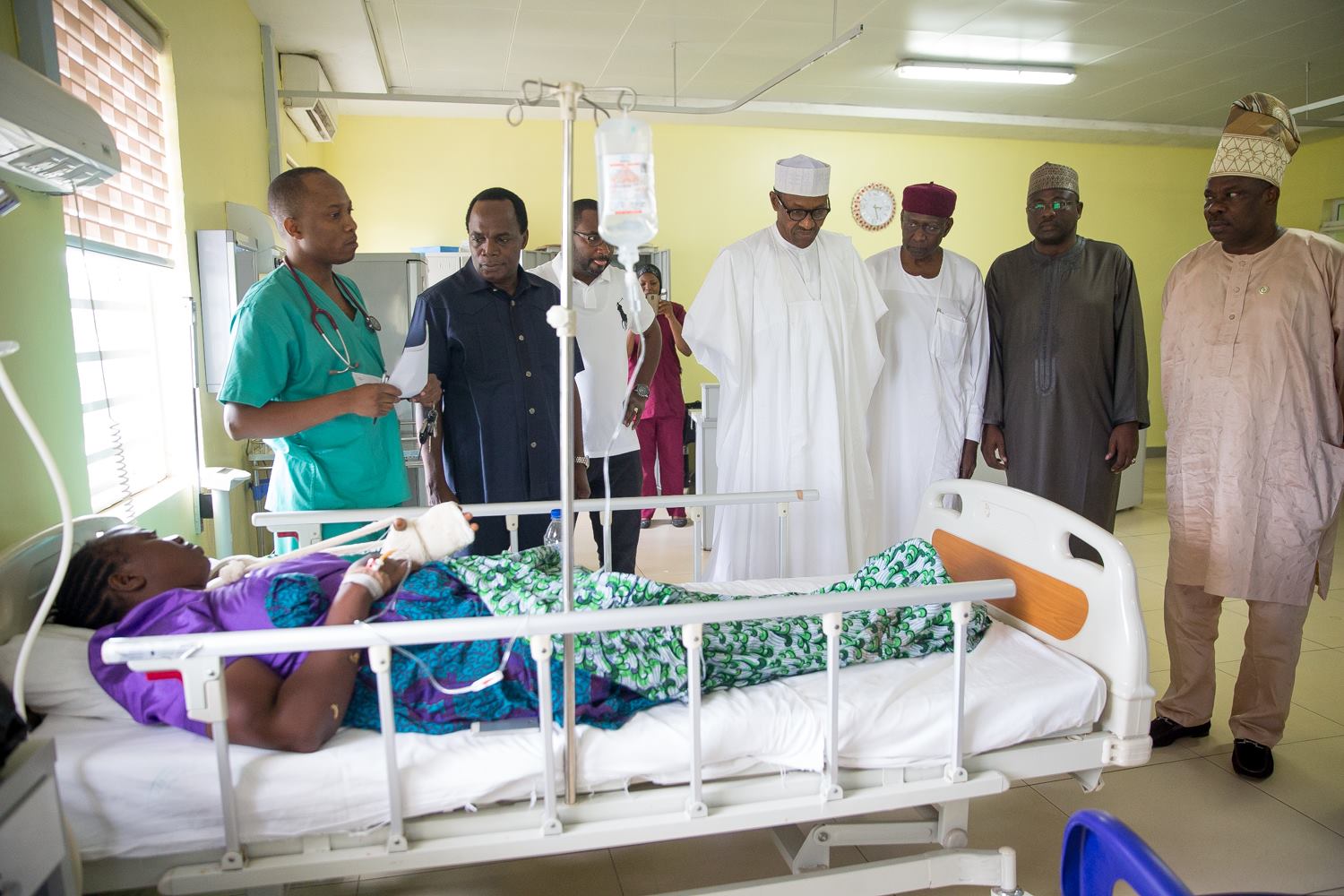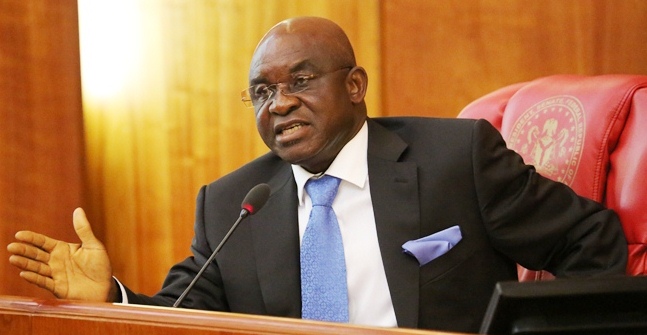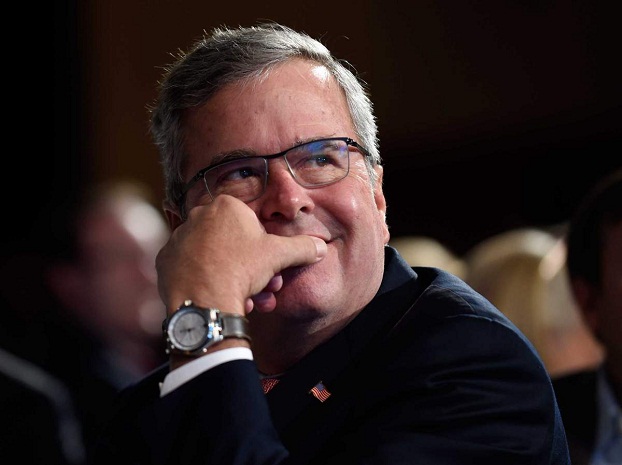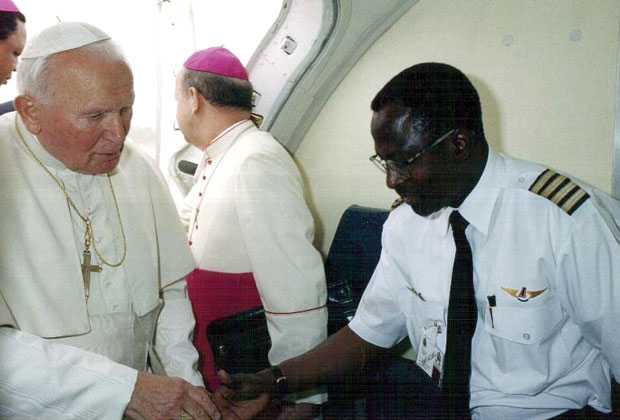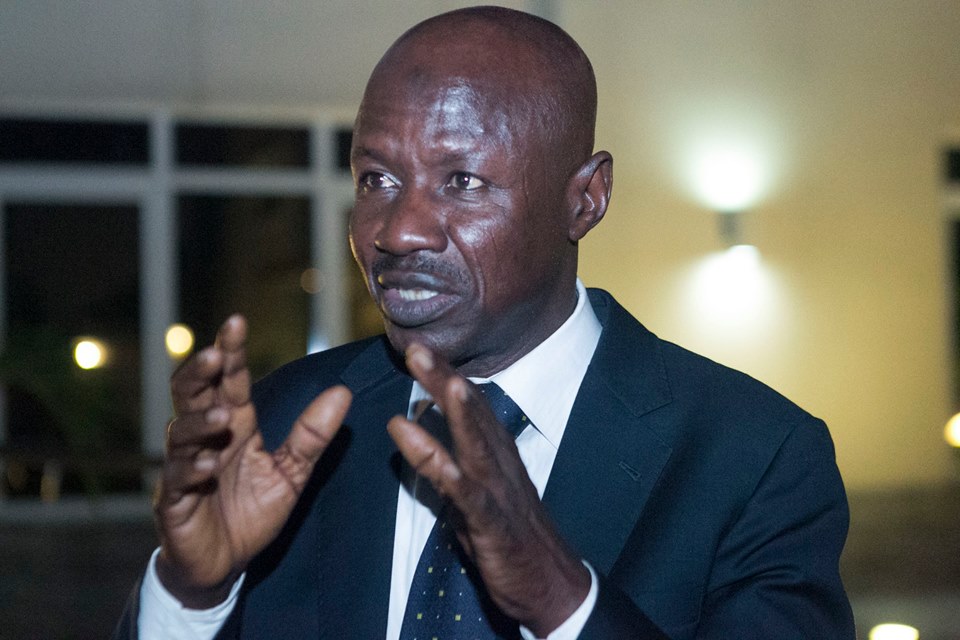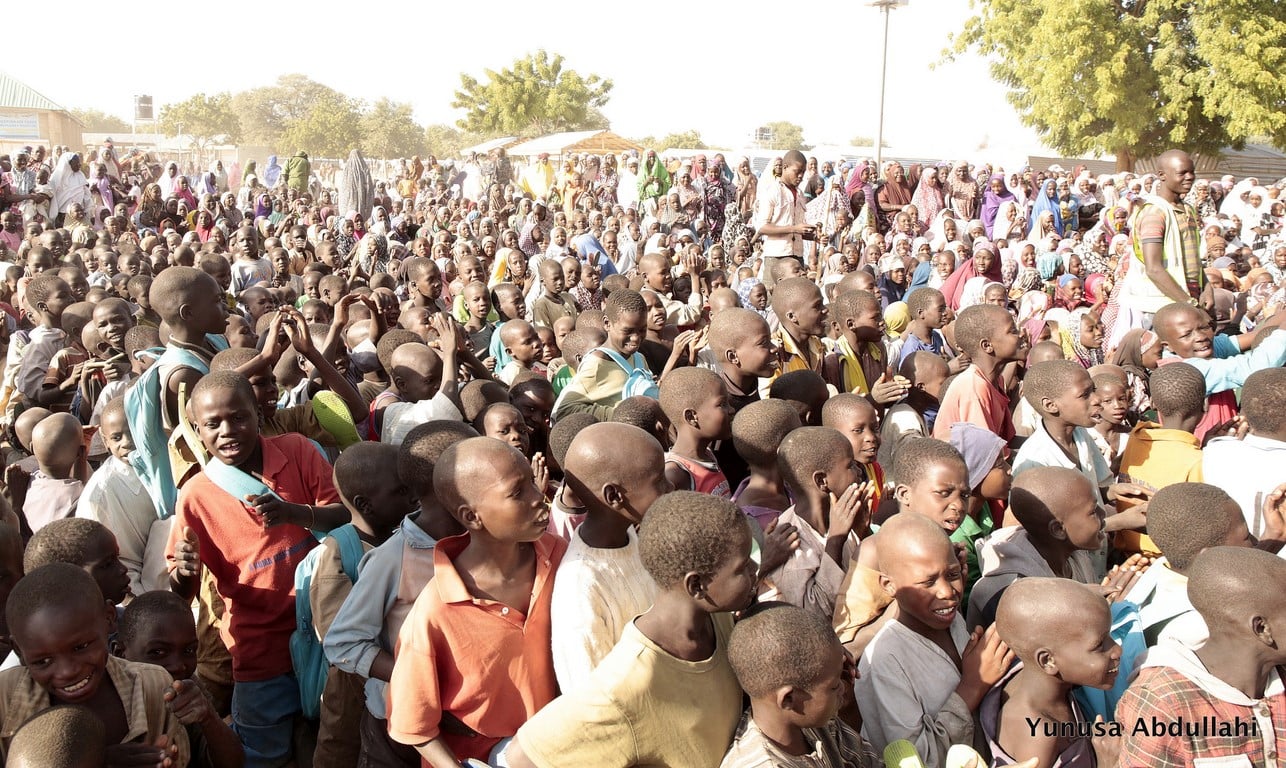Comrade Kayode Komolafe, deputy managing director of THISDAY, recently told me a story that broke my heart to pieces. It is a story of triumph, I must declare upfront, but it is equally a story of tragedy. It happened 32 years ago: February 1984 to be specific. He had set out very early one morning for Badagry, Lagos state. He was a job seeker then, with only N1:50k in his wallet. In the first leg of the journey, he took a bus for 10 kobo from Isolo to Mile 2, where he would then board a vehicle for Badagry. By car, the fare was N1:50k. By bus, it was N1. He wanted to go by car so as to get to his destination faster, but he was 10 kobo short.
KK, as we fondly call him, boarded a car nonetheless, sitting in front — just beside the driver’s seat. It is often the preferred seat. Being the cultured man that he is, he decided to inform the driver that he had only N1:40k. The driver got angry and asked him to disembark. KK got down and boarded the bus. However, the driver was in a hurry and being one passenger short, he eventually beckoned on KK to come back and take the last seat at the back for N1:40k. He then took off at full speed. Unknown to the passengers, the driver had been drinking all night at a party. The demonic speed only got him as far as Okokomaiko before he rammed the car under a broken down trailer.
Only two persons survived the tragedy — KK and the second passenger on the back seat. Nobody believed anyone would survive the accident, given the flattened remains of the station wagon. KK was unconscious for two weeks. He cracked a bone on his vertebral column and also suffered a nerve damage. He was moved from hospital to hospital for three months, undergoing all kinds of treatments and tests and therapies. He recovered significantly within a year.
Now, wait for the shocker.
Advertisement
“Do you know that for the three months I was being treated, moved from one public hospital to the other, sometimes in an ambulance, I did not have to pay one kobo?” he told me in an emotional voice. “Believe me, nobody asked for a kobo. We were still enjoying free and quality healthcare put in place by Alhaji Lateef Jakande, who was the governor of Lagos state before the coup of December 31, 1983. Free medical care was eventually abolished by the military government which said there were no funds to continue with the programme. If it was today, would any hospital have attended to me at all? Would I still be alive? Even if they had asked for one kobo, I did not have!”
His story got me thinking, yet again, about the plight of the underprivileged in the Nigerian society. They are the biggest victims of our democracy. The people should be the object and the subject of democracy, by definition. They are the ones who queue up come rain or shine for voter registration, for PVC collection, for campaign rallies, and for the election. Logically, then, they should be the biggest beneficiaries of democracy. Military governments are never elected, so they do not owe anyone any obligations. But when people go out to choose their representatives, they deserve a smile on their faces. It should never be a privilege or an afterthought.
Today, we’ll discuss healthcare delivery as I attempt to divert the attention of our leaders to the simple fundamentals that can make the lives of millions of Nigerians much better. There are two key issues that bother me about the health of the underprivileged: one, the big information gap that turns treatable ailments into killer diseases; two, the down payment syndrome that has deprived poor people treatment, sometimes in emergencies. In truth, the average Nigerian hardly feels the impact of government. The basics of life that are taken for granted in other climes are a big deal here. Only God knows how many Nigerians die daily in purely avoidable circumstances.
Advertisement
It is not all bad news, sure. In recent years, government has done quite well in tackling many public health issues, especially diseases such as polio and guinea worm — with the full support and guidance of international donors. My worry actually is about the diseases international donors are not interested in, which we are not paying enough attention to. They afflict millions of Nigerians. Many are wrongly diagnosed or not detected early. After years of discussing with doctors, I have come to realise that misdiagnosis is a major problem. Many doctors lack the basic diagnostic equipment and only rely on head knowledge or guesswork, and this is not always accurate.
I have three suggestions for the government. One, pay serious attention to non-communicable diseases which are killing lowly Nigerians one by one. Some of the ailments, such as high blood pressure and kidney failure, require massive education, awareness campaign and cheap or free access to diagnostic tests. Government should adopt a “prevention is better than cure” programme to cater for millions of Nigerians who cannot afford tests. Many poor people don’t even know that they have hypertension, and that they are at the risk of kidney failure, diabetes and sudden death. Many know nothing about high cholesterol and the damage poor diet does to their health.
Two, to strengthen healthcare delivery, government should incorporate private hospitals into the “prevention is better than cure” programme. I suggest that government should launch a scheme of soft loans to help small private hospitals acquire equipment to make diagnosis and treatment as cheap and accessible as possible. Many poor people are being treated for the wrong ailments based on guesswork because they cannot afford ordinary N2,000 for blood test or N10,000 for ultrasound scan. Even those rightly diagnosed can barely afford to pay for treatment. Where would they get the money when they cannot even feed themselves?
Three, government should devise a way round this tragic refusal by hospitals to treat emergency cases. Why should any Nigerian die because he or she does not have money to deposit for emergency treatment or pay hospital bills? Clearly, it is the underprivileged that are always at the receiving end. The rich and the powerful will never be denied treatment. No governor or minister or commissioner or lawmaker or their relatives will be denied medical treatment because of finance. The underprivileged are always the victims. Why allow poor people to die because they can’t deposit money for emergency treatment? What is the value of human life to us in this country?
Advertisement
KK would have died 32 years ago but for the healthcare system that took care of him irrespective of his social status. That is a system that values human life, a system that does not conform to this philosophy that life is all about the survival of the fittest. Even the most capitalistic of societies does not put payment before treatment for their citizens. Indeed, it is criminal not to attend to someone whose life is in danger. In Nigeria, people are being denied treatment because of their economic status. They are regularly subjected to degrading attitude at public hospitals, and you may not blame the nurses and the doctors because they too feel overworked and underpaid.
The National Health Insurance Scheme (NHIS) is supposed to provide some form of safety for the poor so that they would not have to pay on the spot for treatment, but Nigeria, being Nigeria, seems to repel anything that will advance the society. NHIS is faced with the twin challenge of bringing in the informal sector, populated by the underprivileged, as well as making sure enrolees are not short-changed, Nigerian style, by hospitals and HMOs. Nevertheless, our leaders must determine to reconnect with the grassroots, to make this democracy work for the underprivileged — yes, the same people who toiled day and night to vote them into office.
The poor may not be able to travel to Germany for treatment, but they are human beings too.
AND FOUR OTHER THINGS…
MUDDLED SHERIFF
Advertisement
So the new acting chairman of the Peoples Democratic Party (PDP) is Senator Ali Modu Sheriff, the ex-governor of Borno state under whose nose Boko Haram flowered and blossomed? Sheriff, it was alleged, was one of those who convinced ex-President Jonathan than the Chibok girls were not kidnapped, that it was simply a ploy to embarrass Jonathan by the state governor, Alhaji Kashim Shettima. We know the outcome. If PDP needed a new life, certainly not the discredited politician who, though a founding member of APC, brought so much bad publicity to PDP when he joined them in 2014. Error.
SACKING ‘SABOTEURS’
Advertisement
If Nigeria was a country where people are courageous enough to assert their rights, the 26 DGs removed last week by President Muhammadu Buhari would have made a few millions in a libel suit against Chief John Oyegun, chairman of the All Progressives Congress (APC). Oyegun, who says strange things these days, alleged that the DGs were removed for sabotaging Buhari, whereas it is common knowledge that change of chief executives is a routine under new governments, including at state levels. In fact, Buhari kept Jonathan’s appointees for too long. Appointing new ones hardly ever has anything to do with sabotage. Preposterous.
KACHIKWU’S K. O.
Advertisement
Dr. Ibe Kachikwu, minister of state for petroleum resources, won me over on Wednesday with his gentle rebuke of the African Youth Global Network (AYGN) which “honoured” him the Nelson Mandela Pan-African Exemplary Leadership award. He said: “My problem is that I have not been able to see myself getting to a point where I deserve an award. I think it is coming a bit premature. The problem we have in Africa is to celebrate people too early even before they find their feet.” He nevertheless collected the award to encourage the youth, but his point was well made. Sycophancy.
TARIFF RIFT
Advertisement
Do we want to run a parliamentary or presidential system of government? I am asking yet again because I get bemused by the orders being issued by the National Assembly over matters that are clearly spelt out as executive functions in the constitution. The other day, the senators said they would revoke lands allocated by the FCT ministry. Now they have ordered the Nigerian Electricity Regulatory Commission (NERC) to revert the increase in electricity tariffs. Under what laws were they acting, if I may ask? Are there no lawyers in the legislature who can educate their colleagues on their constitutional powers? Confused?
Add a comment

